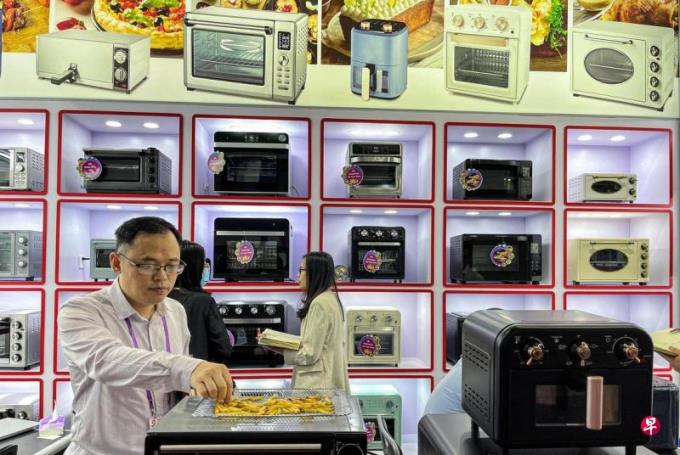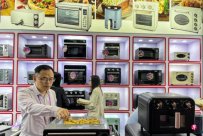
(Bangkok News) Chinese industrial products have poured into Southeast Asia's trade against Thailand's trade, which not only reduces Thailand's market share in the region, but also leads to nearly $ 20 billion in Thailand's trade deficit with China (about S $ 26.5 billion).The Chinese e -commerce platform TEMU enters Thailand and is expected to worsen the situation.
Bangkok Post reported that Thailand Commercial, Industrial and Banking Joint Common Board (JSCCIB) held a meeting on Wednesday (August 7). The main members of the Thai Industry Federation (FTI) called on the Thai government to some China at the meeting.Import products are imposed on tariffs to protect the interests of the industrial and commercial community.
President Ba Yong, chairman of the Thai Bank Association, said: "If the government does not take new measures to better protect the impact of Chinese products from Chinese products, more companies may close."
Data show that from January to June this year, the imports of Chinese products increased by 7.12%year -on -year, reaching a total value of US $ 37.5 billion, leading to a trade deficit of 19.9 billion US dollars, an increase of 15.6%year -on -year.
In Southeast Asia, the market share of Thai electrical appliances in the first quarter of this year decreased from 12.7%in the same period last year to 11.5%, while the market share made by Thailand fell from 20.9%in the same period last year to 18.7%.Bayong said that these are the key factor that led to a 1.8%decrease in Thailand's manufacturing industry in the first half of 2024.
There are as many as 23 affected industries, and as TEMU, an e -commerce platform operated by the factory direct sales model, is officially launched in Thailand, these industries are more under pressure.Bayong pointed out that small and medium -sized enterprises have the most negative impact.
According to Jiang Gai, the chairman of the Thai Industry Federation, about 667 factories in Thailand were closed in the first half of this year, an increase of 86.3%year -on -year.He said: "This means that an average of 111 factories is closed average every month."
Jiang Gai said that according to the provisions of the Asianiman -China Free Trade Agreement, the Thai government must consider imposing tariffs on certain products to better protect local manufacturers.He said: "We are worried that the government is currently insufficient efforts to slowly make imported products from China to protect the interests of Thai enterprises."



